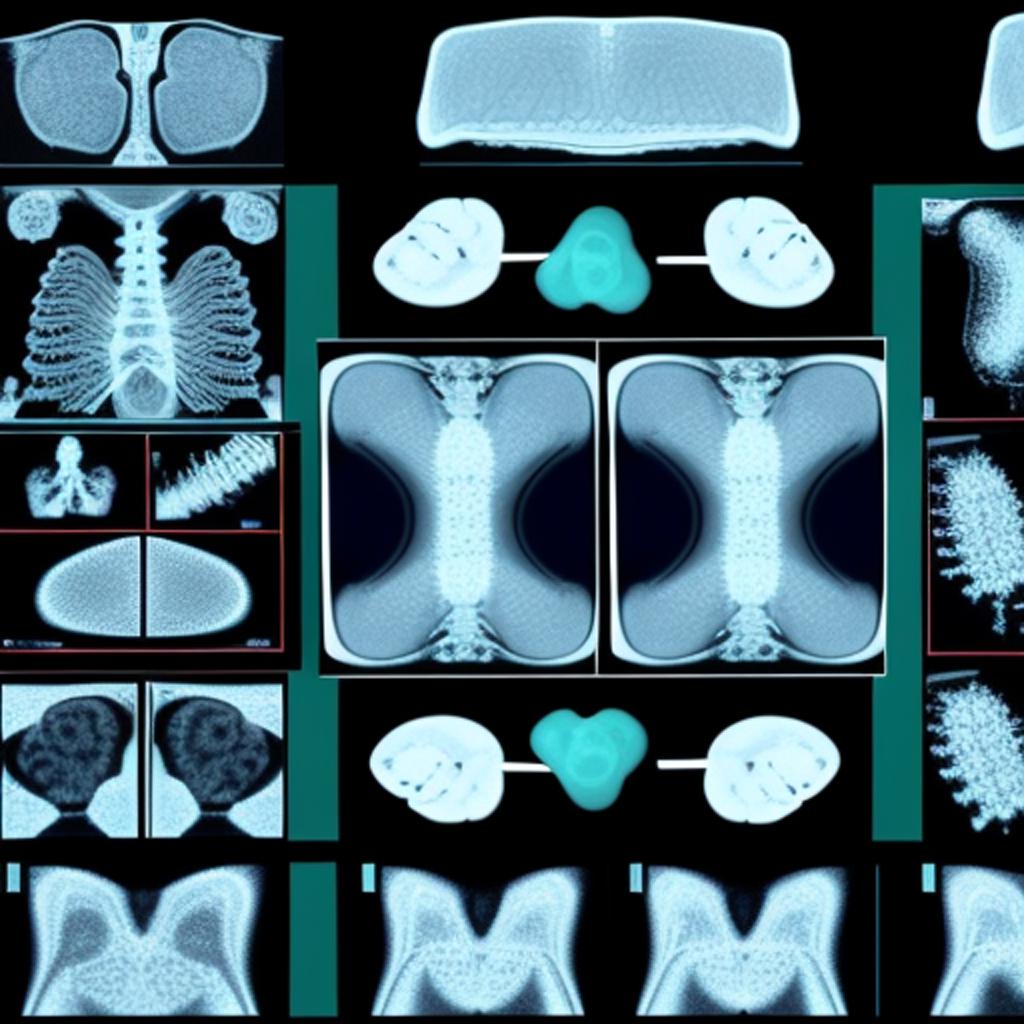
The financial stability of a healthcare practice largely depends on effective revenue cycle management, with medical billing playing a pivotal role. Unfortunately, revenue leakage due to unclaimed or inadequately processed medical claims can significantly impact a practice’s income.
A study by Change Healthcare indicated that an astounding $262 billion worth of hospital bills were initially denied in 20165. While not all denied claims stay unpaid, the process of rectifying errors and resubmitting claims adds to the administrative burden.
What leads to claim denials and how can they be mitigated?
- Claim Denials Causes: Claim denials commonly occur due to errors in patient information, coding mistakes, delays in claim submission, or lack of supporting documentation to justify medical necessity. Moreover, ever-changing insurance policies and regulations can complicate the process, leading to potential mistakes and denials6.
- Preventing Claim Denials: Healthcare practices can adopt several best practices to reduce the risk of denials. These include:
- Accurate Patient Information: Verifying and updating patient information at every visit is vital for accurate claim submissions.
- Proper Coding: Ensuring coders are up-to-date with the latest ICD-10 coding standards can significantly reduce denials related to incorrect codes or lack of medical necessity.
- Timely Submission: Claims should be submitted within the payer’s deadline. Each insurance company has different timeframes for claim submissions, staying on top of these prevents unnecessary denials.
- Detailed Documentation: Thorough and accurate patient records are essential when insurers scrutinize claims for necessity.
Regular audits and a robust denial management process can also help identify denial trends, paving the way for targeted training and process improvement. Such measures can keep the billing process efficient and compliant, reducing denials and rejections over time7.
Sokhona Sillah, MHA
- Sokhona Sillah, MHAhttps://propelen.com/author/sokhonasillah/
- Sokhona Sillah, MHAhttps://propelen.com/author/sokhonasillah/
- Sokhona Sillah, MHAhttps://propelen.com/author/sokhonasillah/
- Sokhona Sillah, MHAhttps://propelen.com/author/sokhonasillah/



